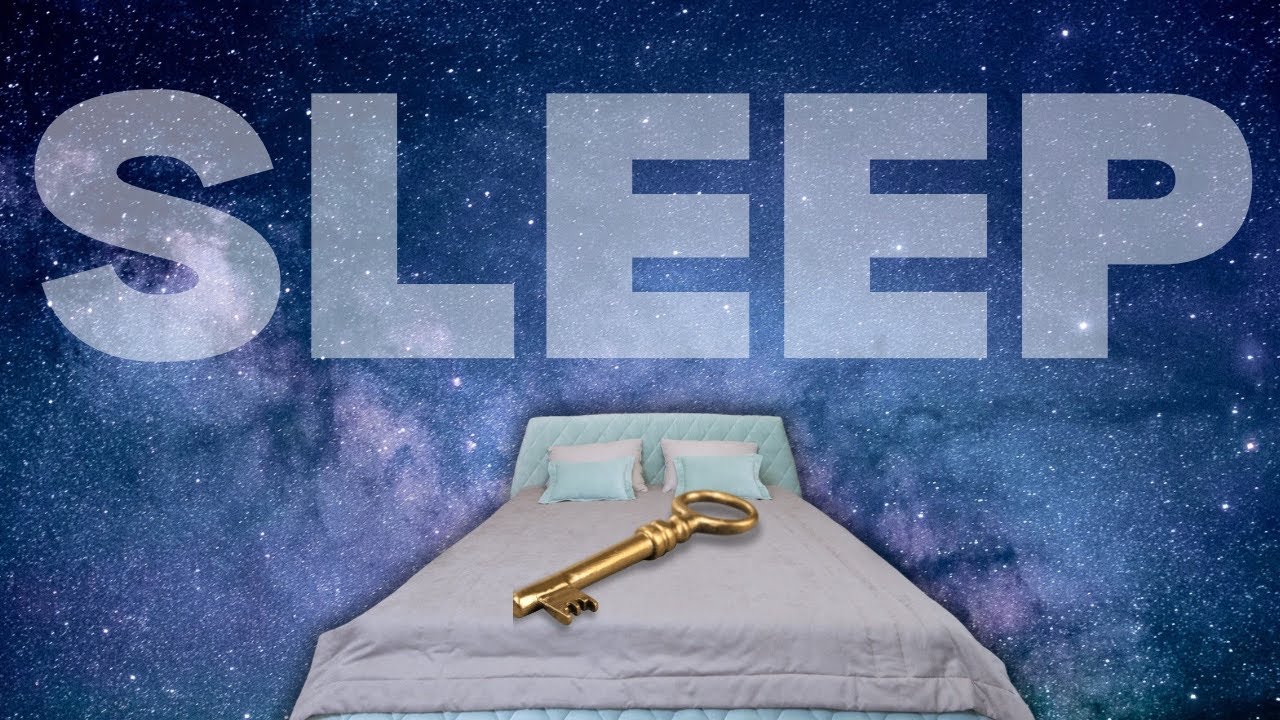I’m lucky enough to get 7-8 hours of sleep most nights. But I still wake up feeling super tired every morning, and it lasts for 2-3 hours, which is really frustrating. I’m healthy overall and have already tried most of the common suggestions people give. Does anyone have more ideas on what might work to fix this?
Try going to bed at the same time every night and waking up at the same time each morning. Regular exercise can also help a lot. I follow this routine and don’t even need coffee anymore!
You might want to track your sleep to see if you’re really getting 7-8 hours of good-quality sleep. Waking up tired is often about which sleep stage you’re in when your alarm goes off. It sounds like you might be waking up during deep sleep, which can leave you feeling groggy. Ideally, you want to transition from deep sleep to lighter stages before waking. You could try using a natural light alarm to help with this, or you can try to get more natural light exposure after waking up to improve your mood.
I’ve recently gotten really into sleep strategies because they’re so important for my work. I even made a video about it, if you’re interested:
But basically, research shows that regulating your body temperature right before and during sleep has a big impact on sleep quality.
@Amal
Can you give us a quick summary of what the research says? Do we need to sleep in a cold room?
Niko said:
@Amal
Can you give us a quick summary of what the research says? Do we need to sleep in a cold room?
Yes, your core body temperature needs to drop by about 1°C (2-3°F) to fall asleep and stay asleep. You can help this by taking a hot shower before bed to drop your internal temperature, then sleeping in a cool room. It really helps your body settle into sleep more easily.
You might want to get checked for autoimmune conditions. Some people’s sleep can be affected by underlying health issues.
Take a close look at everything in your routine. Do you have a regular wind-down routine? Do you go to bed and wake up at the same time each day, even on weekends? Also, check your pillow — it might not be the right one for you. Do you sleep in a cool, dark room? Is your room quiet? Are you eating or drinking anything late at night that could disrupt your sleep? Caffeine, sugar, or alcohol can all keep you from sleeping deeply. If you have trouble turning your mind off, you could try mindfulness or relaxation techniques to fall asleep faster. If none of this helps, it’s worth considering supplements like magnesium to relax your muscles before bed.
Waking up at the right time in your sleep cycle can make a big difference. Set your alarm to wake you up at the end of a 90-minute sleep cycle, not in the middle of deep sleep. Also, create a solid bedtime routine — no screens for an hour before bed, light stretching, and keep your room cool and dark.
If you’re still waking up exhausted, even though you’re getting a good amount of sleep, you might want to check your mattress. An old mattress that doesn’t support your body properly can mess with your recovery. Also, have a look at your pre-bed routine. Avoid screens for an hour before bed and try cooling down your room. If you’re still struggling, magnesium supplements can help you relax your muscles.
Definitely ditch the screens at least an hour before you go to sleep. Try relaxing with something like reading or meditation instead. It can make a huge difference.
I recommend using something like an Apple Watch or another sleep tracker. I use the Bevel app, and it gives me a full sleep analysis, showing things like my heart rate and recovery levels. In my experience, the two biggest things that impact sleep are eating in the evening and drinking alcohol. I personally stop eating after 5 pm, or my heart rate stays high at night and I don’t sleep well. Alcohol can wreck sleep recovery too — even one glass of wine can mess with it. Also, cutting sugar out of your diet, staying hydrated, and exercising regularly can help improve your sleep.
Supplements can really help if you’re having trouble falling asleep. I’ve been using magnesium glycinate and a CBD+CBN deep sleep tincture, which works wonders for me. It helps me fall asleep faster and sleep deeper without waking up in the middle of the night. Reishi mushroom extract has also helped me get more REM sleep, and it lowers anxiety. I also use valerian root when I’m in more pain or need a heavier sedative effect, but it can make me feel groggy the next day. Lavender essential oil on my pillow helps me relax too — it’s got a compound called linalool that helps with sleep.
